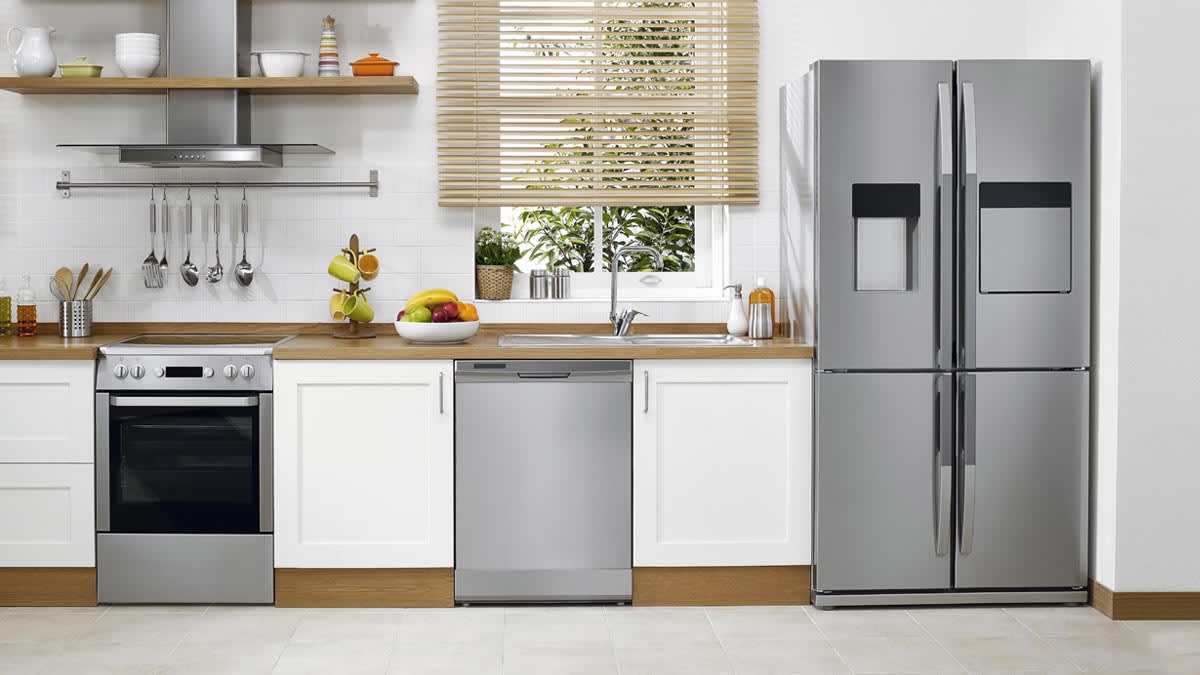
1. Don’t put hot items in the fridge right away. If you put food on the glass shelves when it’s still piping hot, the shelves could break. The hot items might also raise the temperature inside your fridge. That could put a burden on the compressor because it has to run longer to bring the temperature down, says Larry Ciufo, a CR engineer who has tested major appliances, including fridges, for over 20 years.
Just remember that if you leave food out at room temperature for too long, you might risk bacteria growing. So make sure you don’t leave it outside of the fridge for over 2 hours. And if the room temperature is above 90 °F, food shouldn’t be left outside for more than an hour, according to the Department of Agriculture.
To help food cool down quicker, divide it into smaller portions or put it in shallower containers before it goes in the fridge.
2. Don’t block the vents inside your fridge. They circulate air between the freezer and the fridge compartment and are critical to a fridge’s cooling functions. Blocked vents could lead to a host of problems, including a refrigerator that freezes up or overheats and kills the motor, Ciufo says.
3. Don’t forget to vacuum the condenser coils. Once every six months, vacuum the condenser coils, located on the underside or back of the fridge (or on the top of built-ins) with a soft-brush attachment, says Daniel Wroclawski, a CR home writer who has explained about how to make your refrigerator last longer.
If you don’t clean the condenser coils, dust and grime can build up and limit a fridge’s ability to dissipate heat, which could eventually lead to a breakdown.
4. Don’t let your children—or anyone, really—hang off the handles. They might break the them or bend the hinges, which could cause your fridge door to become out of alignment. If that happens, cold air might escape and you’ll be forcing your fridge to work harder to keep the inside cool, according to Ciufo.
5. Don’t use harsh materials to clean the gaskets. The door gaskets are meant to prevent cold air from escaping, so it’s important to clean them periodically to prevent food bits and gunk from building up and breaking the seal.
But be careful to not use materials that are too harsh, which might damage the gaskets and lead to cold air leaking out, Ciufo says. Here are tips on how to give every inch of your fridge a proper deep clean.
6. Don’t forget to leave a gap. It’s my personal lesson: Always leave space between a fridge and its surroundings so that the hot air coming out of it has room to circulate and it doesn’t overheat.
Source link











